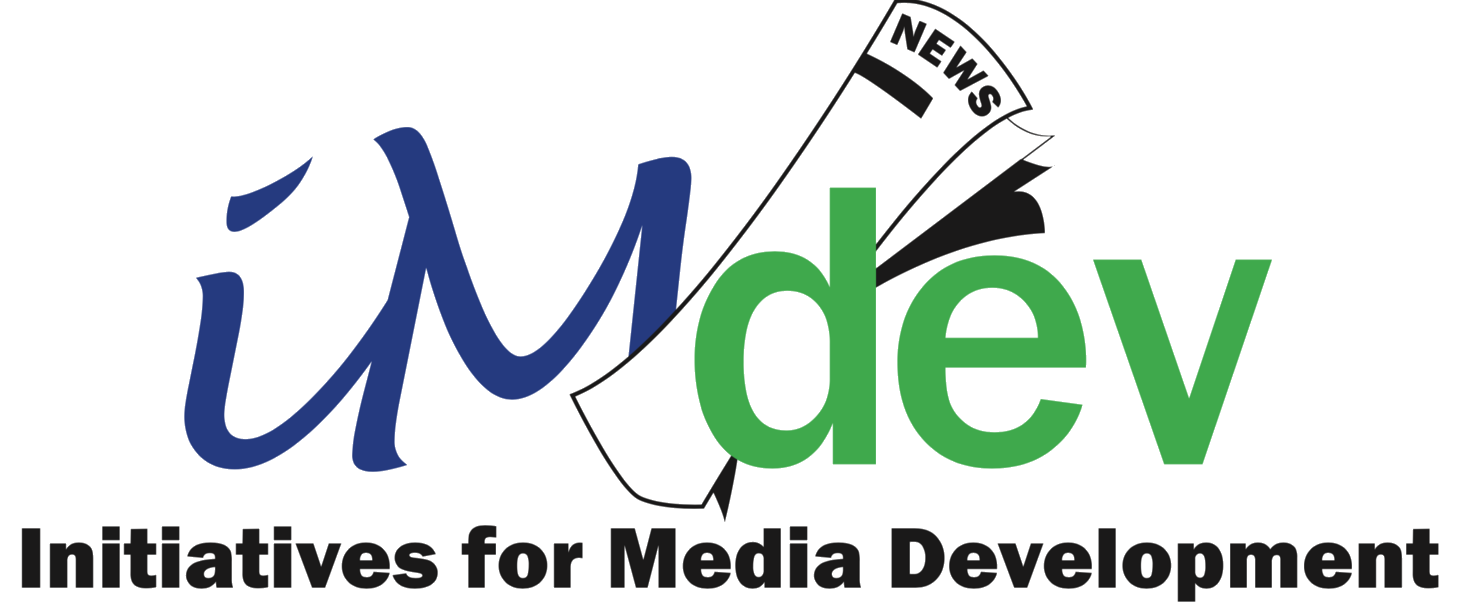

Today, I will attempt to discuss the emerging global problem of disinformation or 'fake news' that confront societies in general, and journalism in particular. A particular danger is that this information is usually free, easily accessible on our favourite social networks, social messaging and digital platforms. It's our easy to reach source of information as we wake up in the morning and get on the go!
These digital platforms and networks have become the primary source for news consumption and shaping our political identities. Consequently, it shouldn't come as a surprise to me that social media now greatly influences and manipulate the traditional news media. As such , the rise of fake news that intentionally mislead readers has become an increasing problem for the proper functioning of society.
The term 'fake news' has a no universal agreement on its definition. The European Commission defines "fake news" as "intentional disinformation spread via online social platforms, broadcast news media or traditional print." The BBC describes it as "false information deliberately circulated by hoax news sites to misinform, usually for political or commercial purposes" and distinguishes it from false news, whilst Allcott and Gentzkow's 2017 academic paper in the Journal of Economic Perspectives defined fake news as "news articles that are intentionally and verifiably false and could mislead readers." UNESCO considers fake news to be the "deliberate (often orchestrated) attempts to confuse or manipulate people through delivering dishonest information to them."
As global digital citizens, we are continually drowned by the cacophony of information from these digital platforms which disregard media ethics by attempting to mislead or corrupt us. More especially as journalists seeking to be the first to break the news in a weak media economy, we find ourselves continually in the pathway of these challenges.
The purveyors of disinformation prey on our economic vulnerabilities or partisan potential to enlist us as amplifiers or multipliers. In this way, they seek to animate us into becoming conduits of their messages by exploiting our propensities to share information.
In 2018, the UN Special Rapporteur on Freedom of Expression and Opinion focused his annual report on this issue, urging internet companies to learn from self-regulation in the news media, and to better align with UN standards on the right to impart, seek and receive information.
FACT! Fake News does not comply with professional standards and ethics. It can however be argued that there are several instances where journalism has fallen short of its own promise. This is often underlined by poor research, sloppy verification and sensationalism. Poor quality journalism allows disinformation and misinformation to leak into the traditional news system.
Given this elusiveness surrounding the notion of fake news, the Big question is, how do we put the genie back in its bottle? As journalists we have a moral obligation to establish ourselves as the Walter Cronkite (whose integrity and commitment to fair reporting earned him the title 'most trusted man in America') of our times. There is the urgent need to develop counterintuitive approaches to fake news. I will argue that fact checking, research and providing credible evidence-based reporting should be our banner and our pledge.